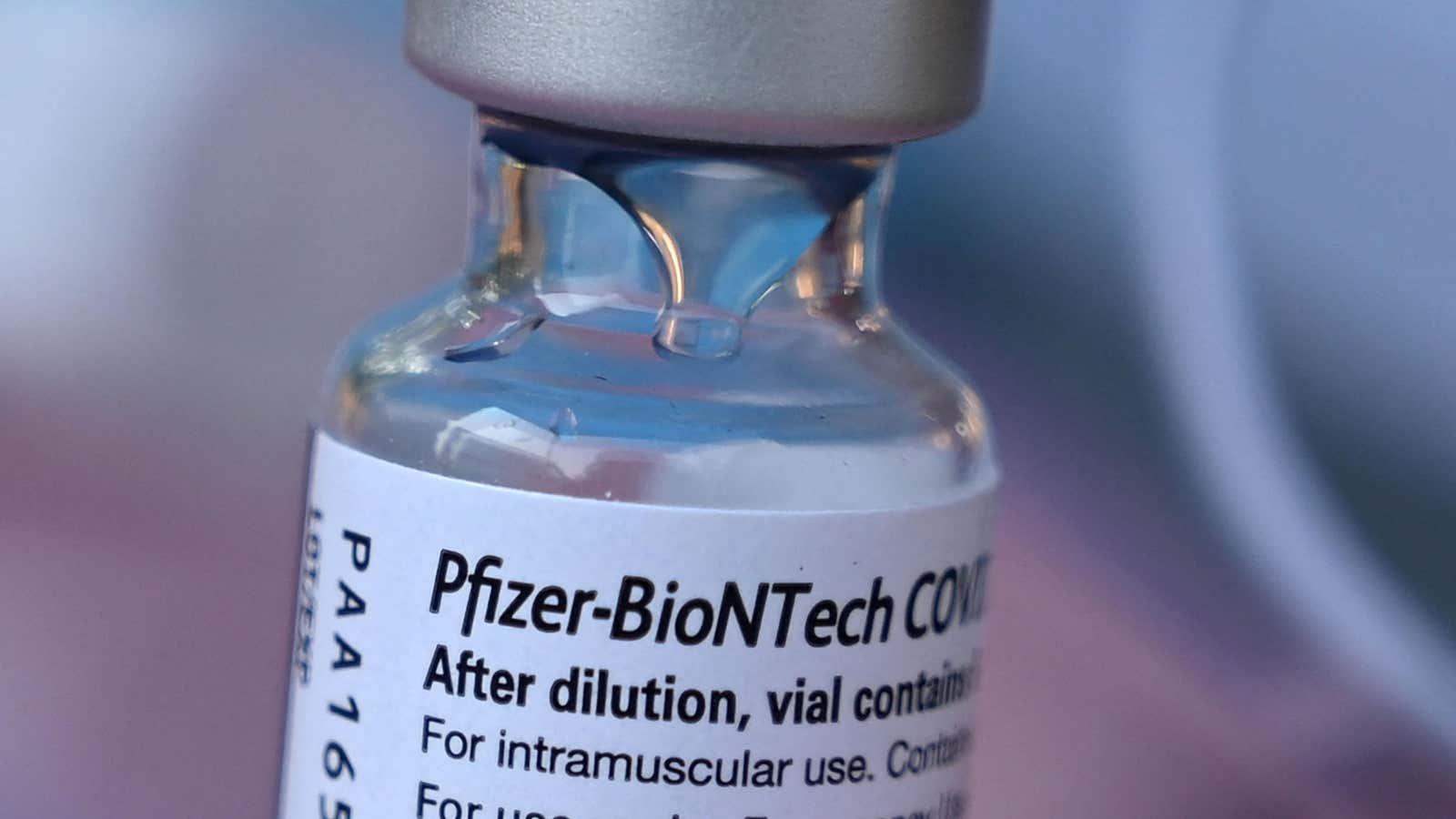COVID-19 Booster Doses Approaching, but Not for Everyone

An FDA advisory panel unanimously voted Friday that booster doses of the Pfizer vaccine should be available to people 65 and older and at high risk of serious illness. This recommendation is likely to be modified to include other groups such as healthcare professionals. Assuming the FDA is using the panel’s recommendation, that means the plan to offer booster shots on September 20 may well be realizable – but not for everyone.
In fact, it was the second meeting vote after the commission decided not to renew approval for the Pfizer vaccine to include a booster dose for everyone aged 16 and over. This vote was lost by 16 votes to 2.
Wait, why can’t we get boosters?
The question of boosters has been controversial among medical and public health experts for some time now, and it was hoped that the FDA would receive additional data that would resolve some of the open questions. Before that, we knew that people who received two doses were still very well protected from serious illness, including hospitalization and death, but there is some evidence that their protection against mild infections may be weakened.
However, these data are difficult to untangle. The increased breakthrough rate can be blamed on the weakening of immunity from the vaccine. Or, you could argue that the vaccine is as effective as ever, and what we’re seeing is evidence that Delta is better at evading immune defenses. There is not enough information to say exactly what comes of it, or a combination of both.
The data presented at the meeting did little to clarify. Officially, the panel was supposed to consider only the results of a clinical trial conducted by Pfizer, but this trial was tiny – just over 300 people. In addition to this, the FDA has asked some Israeli scientists to provide data on the effectiveness of the vaccine in their country . Israel has seen a spike in COVID cases despite the fact that most of the population has been vaccinated; they started boosters in July and saw that the effectiveness of the vaccine seemed to improve after that. However, some panelists questioned whether this data was sufficient to prove that the boosters actually worked.
Another problem was that it was unclear whether the benefits of the booster outweighed the risks for young people. Young men are especially at risk of a rare complication called myocarditis; this occurs in about 1 in 20,000 people vaccinated. In older adults, the benefit of protection from COVID-19 clearly outweighs the small risk associated with a booster dose; for young people, this did not convince the panelists.
And finally, some of the panellists wondered if the universal booster would really have any impact on the pandemic. In our country (unlike Israel), a huge part of the population is not vaccinated, and these are the people who spread most of the virus. If vaccinated people can sometimes transmit the coronavirus, and a booster vaccine reduces the likelihood of this transmission, it won’t matter much to the general population. It will also not be very beneficial for the vaccinated person, because he was already well protected from a serious illness.
An issue that was not raised at the meeting, but was discussed elsewhere, is the fairness of vaccination. From a global perspective, it is unlikely that it is fair to give doses of vaccine to people who have already been vaccinated with little benefit when you could give them to people who have not yet been vaccinated. In the United States, most people who want the vaccine have a chance to get it. This is not the case in other parts of the world, and vaccines are still in short supply. For this reason, the World Health Organization does not recommend the use of boosters .
What happens next?
If the FDA agrees with its group’s recommendation (which is not technically required of it), it will likely announce that Pfizer boosters are considered approved in emergencies for:
- People aged 65 and over
- People at increased risk of severe illness from COVID infection (probably defined as the CDC does, which includes people with various medical conditions )
- And it is possible that healthcare professionals and others who are at high risk of contracting COVID as part of their work.
The last caveat was added after the vote. Some participants argued that preventing even mild infections is important for healthcare providers because they can transmit disease to patients and because hospitals cannot afford to understaff further.
Following the FDA’s announcement, expect the CDC’s advisory group, ACIP, to meet to make formal advice on who should receive booster doses. The White House plan to introduce boosters on September 20 has always included a caveat that the FDA and CDC must go through their normal process first. The ACIP meeting has yet to be announced, so expect this situation to develop over the coming weekend.